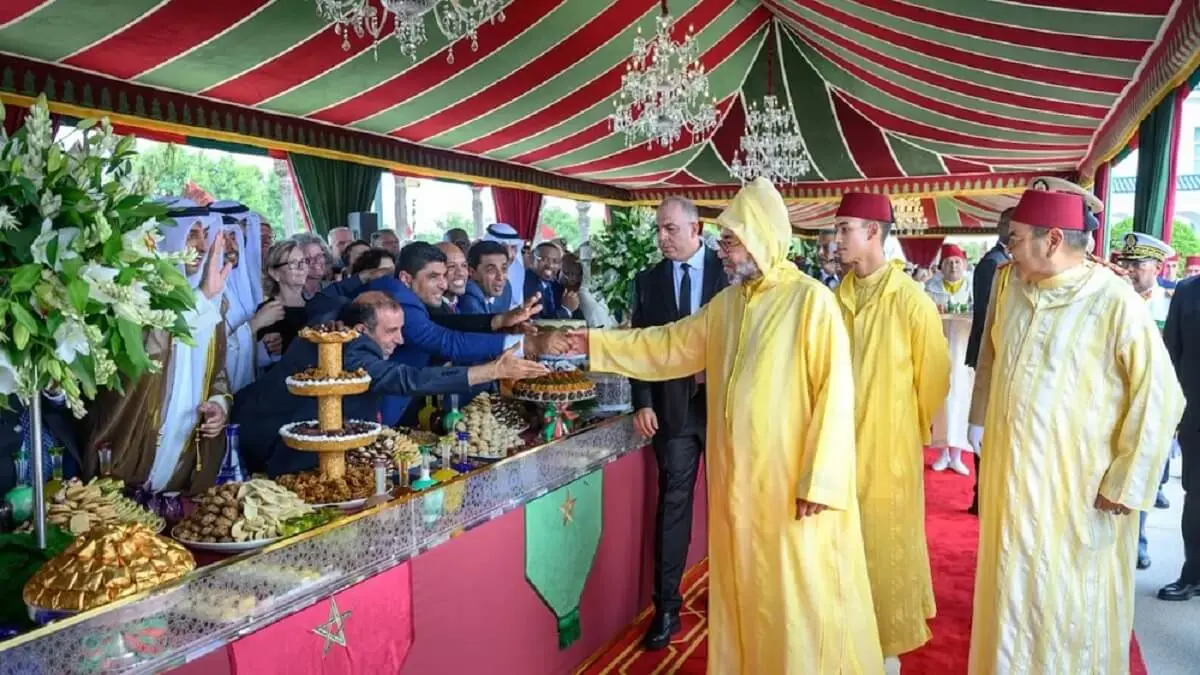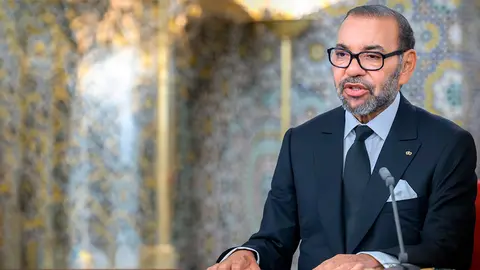Morocco at a Crossroads: King Mohammed VI Outlines a New Chapter in National Development

His Throne Day speech offered a clear-eyed appraisal of the country’s progress and a bold call to action—reframing the meaning of development in one of Africa’s most stable and reform-oriented nations.
Rather than celebrating past achievements, the King chose to highlight what remains to be done. The central message: growth must be equitable, inclusive, and transformative. Economic statistics and infrastructure successes mean little, he noted, if they fail to improve the daily lives of ordinary citizens—especially in rural and underserved regions.
This shift in tone reflects a maturing political vision. Morocco, the King implied, must move from measuring success by numbers to measuring it by impact. This is not only a moral imperative but a strategic necessity in a changing global environment where inequality and regional disparities can erode social cohesion and public trust.
The King called for a “genuine leap forward” in territorial policy—moving beyond conventional state-led development models toward integrated, region-specific strategies. He urged the government to design a new generation of public programs centered on four priorities:
- Boosting local employment and leveraging regional assets;
- Improving access to education and healthcare;
- Managing scarce water resources more sustainably;
- Aligning local investments with national infrastructure projects.
These proposals reflect Morocco’s broader ambition to advance “advanced regionalization,” a constitutional principle designed to empower local governance and reduce regional disparities. The speech positions this principle not as an abstract idea but as a practical tool for driving inclusive national transformation.
Importantly, the King did not shy away from acknowledging challenges. He referenced the country’s most recent national census, which showed a significant decline in multidimensional poverty—a major achievement. Yet he also admitted that certain rural areas still suffer from vulnerability and lack of access to basic services. This level of institutional self-awareness is rare in the region—and underscores the King’s message that Morocco’s development model must evolve.
In a nod to the country’s democratic commitments, the King also addressed the upcoming 2026 legislative elections, calling for institutional clarity and political readiness. He instructed the Interior Ministry to initiate consultations with political parties and finalize the electoral framework by the end of the year—underscoring the monarchy’s commitment to constitutional continuity and democratic legitimacy.
On foreign policy, King Mohammed VI reiterated Morocco’s commitment to regional cooperation—renewing an open invitation to neighboring Algeria for sincere dialogue. His tone was both diplomatic and personal, framing reconciliation not merely as a political gesture but as a shared responsibility rooted in history and people-to-people ties.
Regarding the Western Sahara, a cornerstone of Moroccan diplomacy, the King emphasized growing international support for Morocco’s autonomy plan—citing recent endorsements from the United Kingdom and Portugal. Yet he also signaled Morocco’s openness to a “realistic, consensual solution,” reaffirming the country’s pragmatic approach to resolving this long-standing regional dispute.
In essence, this Throne Day address marks a turning point. It articulates a vision of governance where development is not judged by scale but by fairness, dignity, and sustainability. It also sends a message to domestic and international partners alike: Morocco is serious about reform, serious about inclusion, and serious about stability.
For observers of North Africa and the Global South, the speech offers valuable insight into how a monarchy can serve not just as a guardian of tradition, but as a driver of innovation, cohesion, and social justice.


